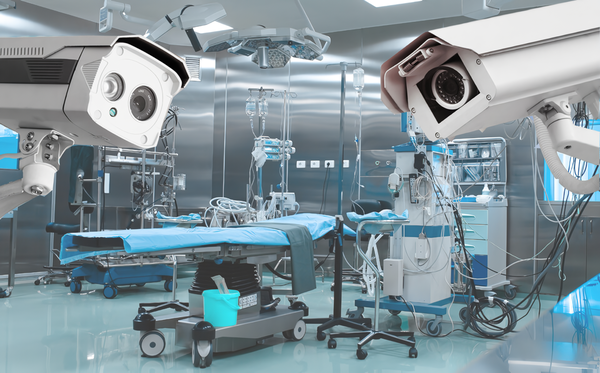
Is Anyone Watching in the Operating Room?1)
On January 14, a medical accident occurred at Eulji Medical Center in Daejeon, in which a patient died after undergoing knee surgery. To determine how the patient died, the bereaved family asked the hospital to check the closed-circuit television (CCTV) footage of the operating room, but it had not been recorded. The CCTV system, which had been installed for the purpose of identifying the cause of medical accidents, was not operating properly. In the medical field, the installation of CCTV in operating rooms has been mandated by the Medical Service Act since September 2023. The discussion about it began with the case of Kwon Dae-hee, who died in September 2016 while undergoing surgery at a plastic surgery center. He died while a doctor other than the one who had previously agreed to provide medical services performed surgery on him, and the bereaved family was able to prove to the court what happened through the CCTV in the operating room at the time. The proposal to install CCTV in operating rooms, as a result of this case, clashed with the position of the Korean Medical Association (KMA), which opposed it. Proponents argued that the presence of CCTV would enhance patient safety and help resolve disputes in the event of a medical error. The KMA, on the other hand, argued that the presence of CCTVs could cause psychological pressure on doctors during surgery, potentially infringing on their freedom to practice their profession. The law, which was first submitted to the National Assembly in 2015, was affected by this incident and experienced delays before being passed and fully implemented in 2021.
Since the law was enacted, there have been concerns about its implementation in the medical field. The provisions of the law stipulate that installation is mandatory, but the recording is to be done at the request of the patient. This means that if the hospital does not inform the patient of this beforehand, the patient may interpret the presence of CCTV as recording. However, medical institutions are not obligated to verbally explain whether they are filming or not and can use indirect methods such as posting notices. Ahn Ki-jong, a representative of the Korea Alliance of Patients Organizations, said, "It should have been stipulated that the filming should be explained when presenting the consent form for surgery, but in the end, the problem arose as the guidance method was not clearly defined." In other words, a realistic revision of the law is needed so that it can be implemented without controversy in the medical field. The storage period of the video, set at a minimum of 30 days, is also being questioned to reflect the time for surgical side effects and medical disputes. As such, the CCTV mandate does not currently provide clear guidelines for both patients and medical institutions. It seems that the law should reflect the situation in the field to fulfill the purposes of the legislation.
1) Jang Na-rae, Kim Chae-woon, "Hospitals That Don't Ask, "Do You Want to Turn on CCTV in the Operating Room?" ...and Don't Even Have a Sign", The Hankyoreh, January 24, 2024


